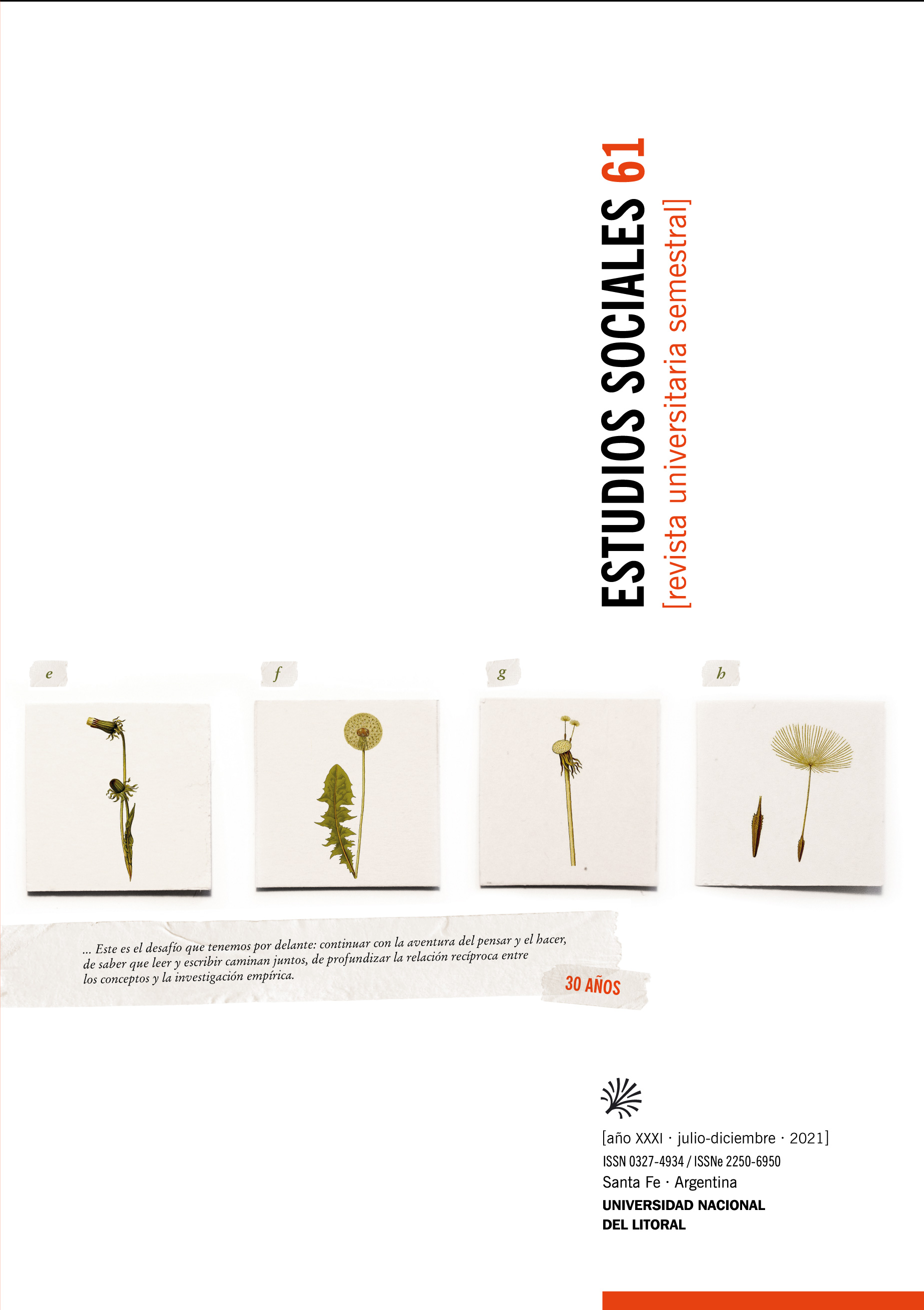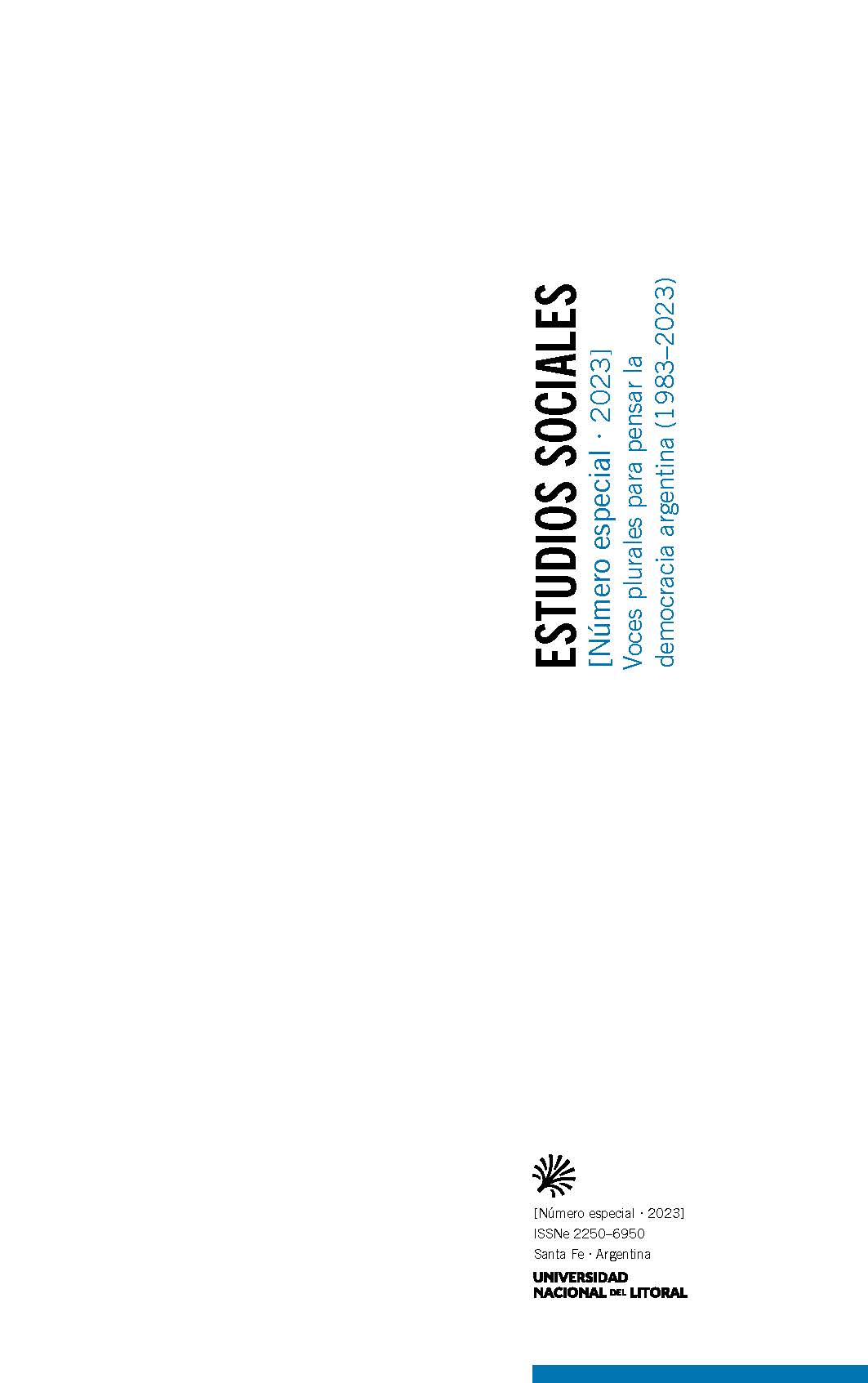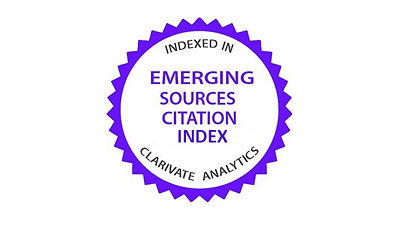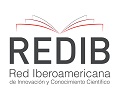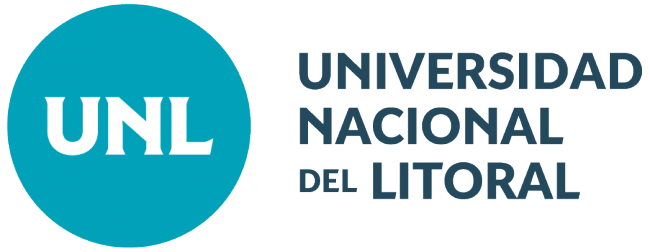Disenfranchised, banned and factionalized. The “lencinismo” at the beginning of “Demócrata” era (Mendoza, 1930-1934)
DOI:
https://doi.org/10.14409/es.2021.2.e0003Keywords:
«lencinismo», proscription, electoral fraud, thirty years, «partido demócrata nacional»Abstract
With the coup of september 6, 1930, a new federal intervention arrived in Mendoza, led by the nationalist José María Rosa (son). His term extended until february 1932, when the democrat candidate Ricardo Videla took office. Both governments sought to restrict the political participation and electoral chances of the «Unión Cívica Radical Lencinista», and also restricted the action of other «radical» political groups. This paper seeks to analyze the mechanisms used by both governments to restrict the political actions of the «Lencinist» party and reconstruct what was the response of said party. The aim is to relativize the use of electoral fraud in the different elections of the period, with respect to other institutional breakdowns and legal arguments used by the governments of these years, and also the appeal to other types of parastatal restrictions, such as political violence.
Downloads
Published
How to Cite
Issue
Section
License
Los artículos publicados en Estudios Sociales. Revista Universitaria Semestral se encuentran disponibles gratuitamente en la Biblioteca Virtual de Publicaciones Periódicas de la Universidad Nacional del Litoral: http://bibliotecavirtual.unl.edu.ar/publicaciones.
El contenido está bajo Licencia Creative Commons Atribución-NoComercial-Compartir Igual 4.0 Internacional (BY-NC-SA): no se permite un uso comercial de la obra original ni de las posibles obras derivadas, la distribución de las cuales se debe hacer con una licencia igual a la que regula la obra original.
 Los artículos que sean aceptados, deberán ser acompañados del documento "Autorización para Publicar" que contiene la firma de los autores, en donde se acepta la originalidad del documento y autorizan a la Revista a la publicación del mismo. Las opiniones vertidas por los autores en sus artículos no reflejan necesariamente el parecer de Estudios Sociales. Revista Universitaria Semestral. El contenido de cada trabajo es responsabilidad exclusiva de su autor. En caso de que se utilicen trabajos, datos y/o palabras de otros autores, éstos tienen que ser debidamente citados. Cualquier contenido que sea detectado como fraudulento será elevado al Consejo Editorial de la revista para su revisión, quienes evaluarán el caso y determinarán los pasos a seguir.
Los artículos que sean aceptados, deberán ser acompañados del documento "Autorización para Publicar" que contiene la firma de los autores, en donde se acepta la originalidad del documento y autorizan a la Revista a la publicación del mismo. Las opiniones vertidas por los autores en sus artículos no reflejan necesariamente el parecer de Estudios Sociales. Revista Universitaria Semestral. El contenido de cada trabajo es responsabilidad exclusiva de su autor. En caso de que se utilicen trabajos, datos y/o palabras de otros autores, éstos tienen que ser debidamente citados. Cualquier contenido que sea detectado como fraudulento será elevado al Consejo Editorial de la revista para su revisión, quienes evaluarán el caso y determinarán los pasos a seguir.
Estudios Sociales. Revista Universitaria Semestral adhiere al Código de Conducta y Guía de Buenas Prácticas para editores científicos del Comité de Ética de Publicaciones (COPE):http://publicationethics.org/
